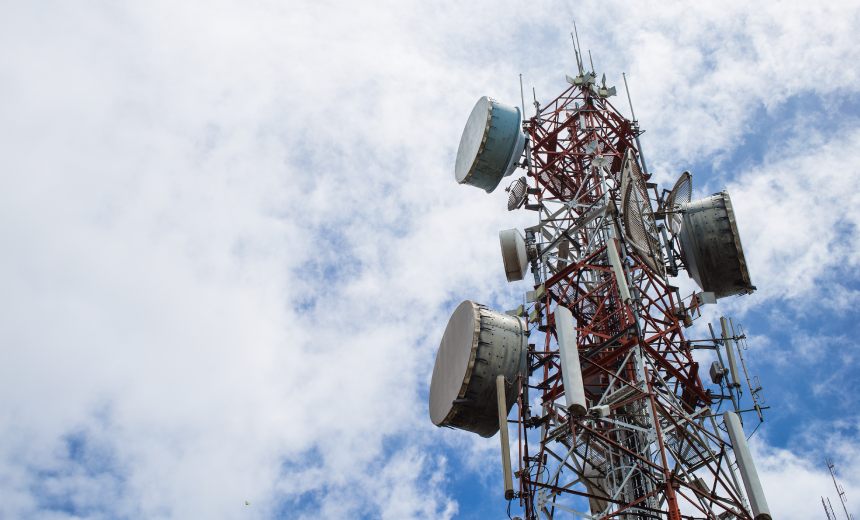Critical Infrastructure Security,
Cyberwarfare / Nation-State Attacks,
Fraud Management & Cybercrime
Salt Typhoon Highlights Significant Vulnerabilities in Telecom Networks: Minimal Progress Reported

Recent attacks attributed to Chinese state-sponsored actors have placed the telecommunications sector among the most vulnerable infrastructure components in the U.S. These incursions, including the Salt Typhoon hacking incident, expose significant weaknesses in the defenses designed to protect critical networks, revealing that substantive preventive measures remain largely absent.
During a recent congressional session, experts from national security and telecommunications sectors conveyed that the Salt Typhoon incident underscores a broader failure of U.S. cybersecurity protocols. Jamil Jaffer, founder and executive director of the National Security Institute, criticized the lack of tangible outcomes from existing countermeasures including a unified White House response team and various investigations by law enforcement agencies (see: Feds Probe Chinese ‘Salt Typhoon’ Hack of Major Telecoms).
Jaffer lamented, “The stark reality is we are not currently positioned to offer a comprehensive defense, either for our nation or the international telecommunications networks supported by American firms.” His remarks suggested a deep complacency in the ongoing efforts aimed at mitigating these threats.
Panelists highlighted an alarming increase in sophisticated intelligence operations by adversaries, with advancements in artificial intelligence enhancing their capabilities to process vast amounts of data. Despite recent improvements in information sharing between public and private sectors, the telecom industry has struggled to identify potential threats in real time.
Laura Galante, a seasoned cybersecurity analyst, noted that comprehensive internal cybersecurity initiatives within telecom companies have proven inadequate, necessitating extensive collaboration between government and industry to address the Salt Typhoon breach. She emphasized the need for developing a more dynamic operational security framework to effectively counter such threats.
The Cybersecurity and Infrastructure Security Agency (CISA) initially identified telemetry indicating that Chinese hackers were targeting U.S. telecom infrastructure. Jaffer described the situation as a “stunning revelation,” likening it to findings from the 9/11 Commission that highlighted previous failures to share critical intelligence promptly.
Experts had already informed lawmakers earlier this month that further cyberattacks from Chinese state-sponsored actors are likely and underscored the urgent need for a comprehensive overhaul of U.S. cyber defenses. Concerns were also raised regarding senior officials utilizing unsecured communication platforms, which could expose sensitive government information to adversaries (see: Experts Warn Congress Another Salt Typhoon Attack Is Coming).
Tom Stroup, president of the Satellite Industry Association, warned that China is rapidly advancing its capabilities within the space sector and investing in critical infrastructure, actions that pose serious risks to American national security and democratic institutions globally. Currently, many U.S. allies depend on Chinese networks, with studies indicating that telecommunications traffic from numerous mobile service providers across 35 countries passes through infrastructure controlled by Beijing (see: Report Warns US Allies Are Using Chinese-Owned Mobile Routes).
Stroup cautioned that these developments entail backdoor security risks that China could exploit, urging the United States to take the lead in establishing international telecommunications standards. He warned that failing to act could allow China to dominate these areas, endangering both national and economic security in the U.S.